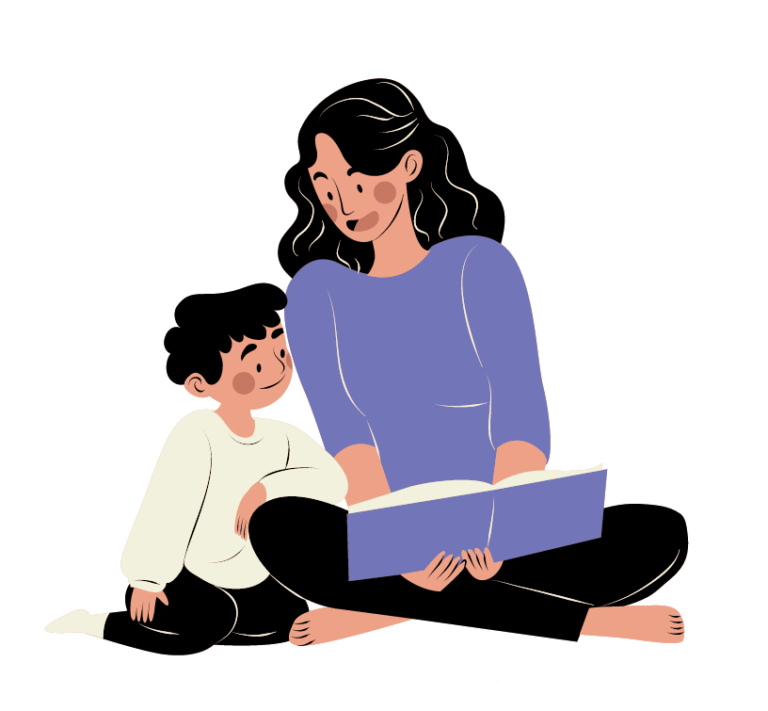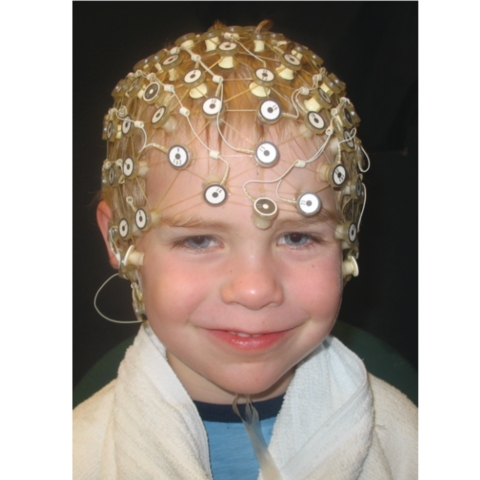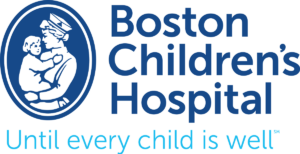ADHD Research Study
Researchers at Boston Children's Hospital are conducting a study to identify brain and genomic signatures associated with family history of ADHD or elevated symptoms of ADHD in toddlers and preschoolers, using non-invasive electroencephalography (EEG), genetics, and neuropsychological testing. Children ages 2.5-4 may qualify.

Fast Facts
Children 2.5-4 Years Old
No Diagnosis Of Autism or Intellectual Disabilities
Neuro-psychological Testing Report Provided
Compensation Provided
Conducted in the greater boston area
Study Background
ADHD is a common diagnosis in children. Kids with ADHD are fun, enthusiastic and loving! They also have difficulty paying attention in school and regulating their activity and impulses when they need to. We want to identify kids who may have ADHD when they are toddlers or preschoolers, before the typical age of diagnosis. This would help us give kids, parents and teachers the tools they need to help all children be successful. We are doing this study to see if we can use a non-invasive measure of brain activity, called EEG, to identify kids at risk for ADHD when they are younger than 5 years old. Benefits of the study include a neuropsychological testing report and monetary compensation.

Study Background
ADHD is a common diagnosis in children. Kids with ADHD are fun, enthusiastic and loving! They also have difficulty paying attention in school and regulating their activity and impulses when they need to. We want to identify kids who may have ADHD when they are toddlers or preschoolers, before the typical age of diagnosis. This would help us give kids, parents and teachers the tools they need to help all children be successful. We are doing this study to see if we can use a non-invasive measure of brain activity, called EEG, to identify kids at risk for ADHD when they are younger than 5 years old. Benefits of the study include a neuropsychological testing report and monetary compensation.
Additional Information
You may qualify for this study if you meet the following criteria.
Key Criteria:
-
2.5-4 years old
-
Parent/Siblings with or without ADHD diagnosis
-
No diagnosis of autism, intellectual disability, or global developmental delay
-
No history of seizures
-
No prenatal exposure to alcohol
- Gestational age >32 weeks
If eligible, participation involves:
Study participation involves remote and in-person data collection. A primary caregiver will complete remote interviews and questionnaires (1.5 hours).
Next, the child completes an in-person laboratory visit with their caregiver(s) (3 hours)
We will give you parking validation or reimbursement for public transportation
During the visit, your child will complete an EEG (electroencephalogram), which is a non-invasive way of measuring brain activity
- During the visit, we will complete a neuropsychological assessment (cognitive and academic testing) with your child
Lastly, the caregiver and a daycare provider or teacher complete remote questionnaires 6, 12, and 18 months after the visit (20 minutes each).
The caregiver will complete a remote interview at the 18-month time point (30 minutes).




